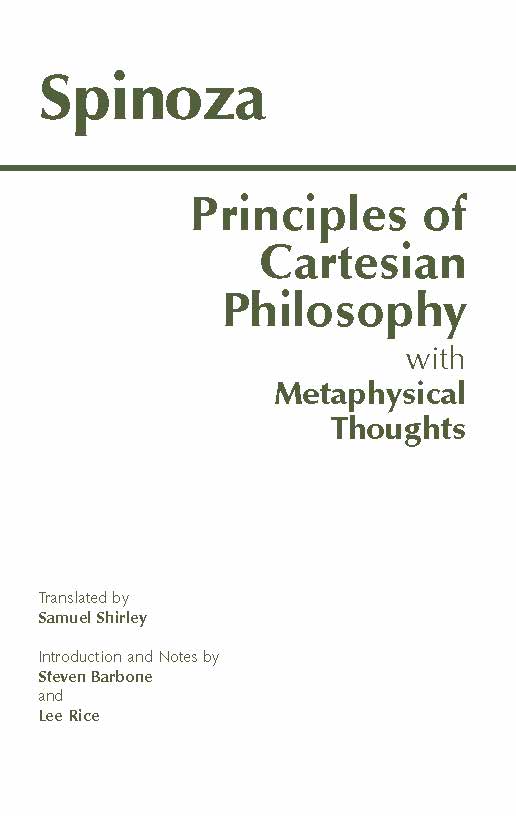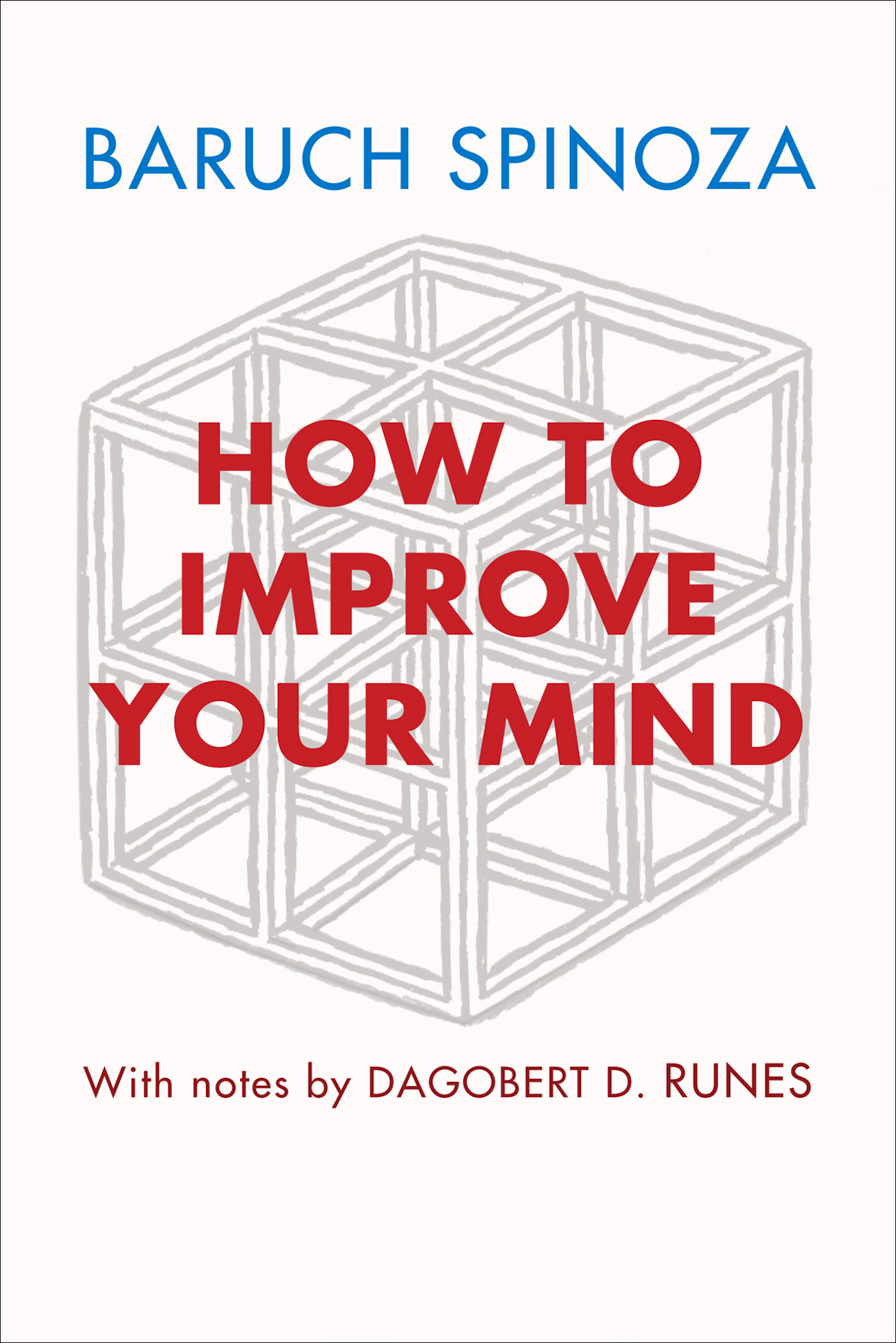Baruch Spinoza
Baruch Spinoza (born Benedito de Espinosa; later Benedict de Spinoza; 24 November 1632 – 21 February 1677) was a Jewish-Dutch philosopher of Portuguese Sephardi origin. One of the early thinkers of the Enlightenment and modern biblical criticism, i
... Read more
Baruch Spinoza (born Benedito de Espinosa; later Benedict de Spinoza; 24 November 1632 – 21 February 1677) was a Jewish-Dutch philosopher of Portuguese Sephardi origin. One of the early thinkers of the Enlightenment and modern biblical criticism, including modern conceptions of the self and the universe, he came to be considered one of the great rationalists of 17th-century philosophy. Inspired by the groundbreaking ideas of René Descartes, Spinoza became a leading philosophical figure of the Dutch Golden Age. Spinoza's given name, which means "Blessed", varies among different languages. In Hebrew, it is written ברוך שפינוזה. His Portuguese name is Benedito "Bento" de Espinosa or d'Espinosa. In his Latin works, he used Latin: Benedictus de Spinoza.
Spinoza was raised in a Portuguese-Jewish community in Amsterdam. He developed highly controversial ideas regarding the authenticity of the Hebrew Bible and the nature of the Divine. Jewish religious authorities issued a herem (חרם) against him, causing him to be effectively expelled and shunned by Jewish society at age 23, including by his own family. His books were later added to the Catholic Church's Index of Forbidden Books. He was frequently called an "atheist" by contemporaries, although nowhere in his work does Spinoza refute the existence of God.
Spinoza lived an outwardly simple life as an optical lens grinder, collaborating on microscope and telescope lens designs with Constantijn and Christiaan Huygens. He turned down rewards and honours throughout his life, including prestigious teaching positions. He died at the age of 44 in 1677 from a lung illness, perhaps tuberculosis or silicosis exacerbated by the inhalation of fine glass dust while grinding lenses. He is buried in the Christian churchyard of Nieuwe Kerk in The Hague.
Less


.jpg)
.jpg)








